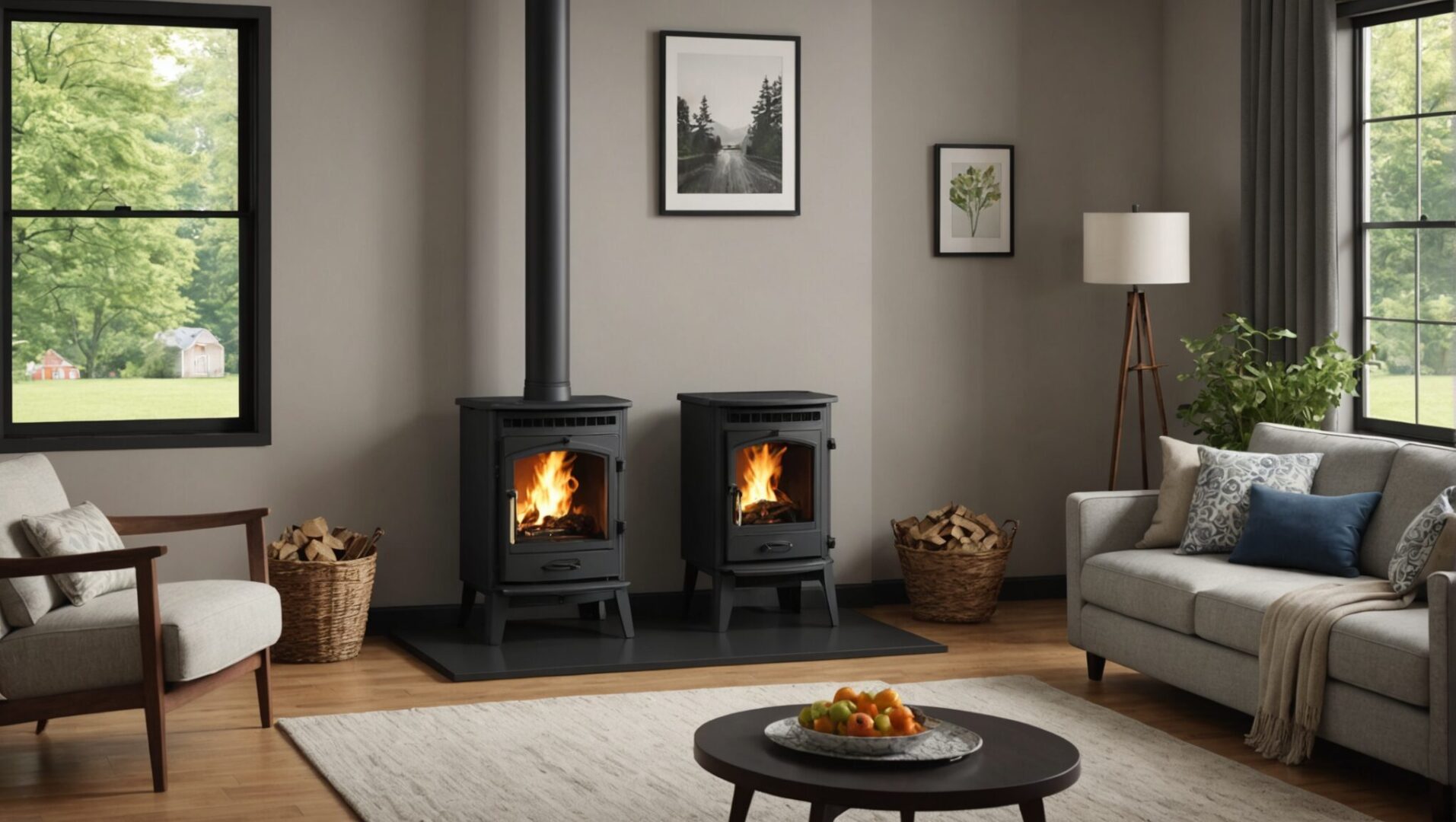THE tax credits for the installation of pellet stoves are no longer available since 2021, because they were replaced by the device MaPrimeRénov’. This change aims to simplify financial aid for energy renovation housing. However, financial aid still exist in 2024 to support owners wishing to install a pellet stove, with amounts varying depending on different criteria such as region and type of heating. Individuals should learn about these new opportunities to benefit from support in their energy improvement projects.

The transition to more sustainable and economical energy sources has become a priority for many households. Among the solutions proposed, the pellet stove stands out for its efficiency and low environmental impact. However, one of the major concerns lies in the financing of this type of equipment, particularly through tax credits and other financial assistance. This article aims to clarify the current situation regarding tax credits for pellet stoves, their eligibility conditions, and the alternatives available to owners wishing to improve their thermal comfort.
Evolution of tax credits for pellet stoves
History of financial aid
In recent years, the tax assistance system has undergone numerous changes. THE tax credit for energy transition (CITE), which made it possible to deduct part of the expenses linked to the installation of pellet stoves, was replaced in 2021 by the system MaPrimeRénov’. This development aimed to simplify financial aid and make it more accessible, while refocusing on more ambitious energy renovation projects.
Elimination of the tax credit in 2023
In 2023, the State decided to eliminate the tax credit, which raised questions among households considering installing a pellet stove. This change was made with the aim of making the aid system more coherent and transparent, although some experts have expressed fears about the consequences of this removal on the accessibility of renewable energies.
Sur le même sujet :
MaPrimeRénov’: Main aid in 2024
Description of MaPrimeRénov’
Since its launch, MaPrimeRénov’ has proven to be a valuable aid for owners wishing to improve the energy performance of their homes. Unlike the tax credit, this assistance is paid in the form of bonuses, calculated according to household income and the work carried out. For the installation of pellet stoves, the amounts may vary, but can reach several thousand euros depending on the defined criteria.
Bonus Eligibility
To benefit from MaPrimeRénov’, it is necessary to respect certain conditions. Households must submit a file before the start of work, prove their main residence and ensure that the installed equipment meets quality standards. Conditions may also vary depending on the nature of the work undertaken.
Other aid available for pellet stoves
Energy saving certificates
In addition to MaPrimeRénov’, there are other forms of assistance, such as energy saving certificates (EEC). These certificates are issued by energy suppliers and allow individuals to benefit from bonuses for renovation work. The installation of a pellet stove is often eligible, which constitutes an additional financing opportunity.
Local and regional aid
Many local authorities also offer specific aid to encourage energy renovation. These local schemes can take the form of grants or zero-interest loans for pellet stove installation work. Amounts and terms may vary from region to region, which is worth considering by future buyers.
What are the costs for installing a pellet stove?
The question of budget is central when it comes to installing a pellet stove. Costs vary depending on the type of stove chosen, any necessary development work, and installation costs. A prior price survey can help assess the total cost. For more details on the budget to plan, consult this article: How much should you budget for a pellet stove?.
Choosing a pellet stove: the essential criteria
Choosing a pellet stove is not done lightly. Several criteria must be taken into account, such as efficiency, power, as well as the design of the device. Even more, the pellet quality is decisive to guarantee optimal combustion. To learn more about what to consider when making your purchase, check out this article: How to choose your pellet stove?.
Comparison with wood stove
When purchasing a heating system, a comparison with wood stoves is often relevant. Both options, although energetically advantageous, have specific features that can influence the consumer’s choice. Financial aspects, the cost of fuel use and the environmental impact are criteria that come into play in the final decision. To discover an in-depth analysis between these two heating systems, you will find additional information here: Comparison of wood stove and pellet stove.
Frequently asked questions about financial aid
Many owners have questions about the availability of financial assistance. For example, what specific work qualifies for aid in 2024? Are the eligibility criteria strict? What budget should you plan for the installation? These questions show the importance of a good understanding of financing arrangements before embarking on an installation project.
Issues to consider in this debate
The disappearance of tax credits raises divided opinions. On the one hand, some believe that the current system of bonuses is more adapted to contemporary needs, offering increased flexibility for households. On the other hand, the elimination of tax credits could discourage certain owners, making renovations less financially accessible.
Another aspect to consider is the potential impact of these changes on the adoption of renewable energy. If financial aid is perceived as insufficient, this could slow down the energy transition so desired by the government.
Reflection on the future of aid for pellet stoves
While the financial aid landscape evolves, one question remains: will the evolution of aid schemes be enough to encourage individuals to invest in energy efficient systems? Future political choices, user feedback and the impact of major initiatives will determine the breakthrough of pellet stoves in French homes.
Through this exploration of available financial aid, it is essential to remain attentive to news and developments in energy policies. Do not hesitate to share your experiences or ask your questions in comments to fuel the discussion on this important subject.




